New Venture Marketing Strategies
Course Purpose Executing a marketing plan, negotiating deals with customers, outlining processes and principles for generating basic quotes, and detailing processes and principles for completing tender documents are integral components in effectively managing marketing and sales activities within a business. …
Overview
Course Purpose
Executing a marketing plan, negotiating deals with customers, outlining processes and principles for generating basic quotes, and detailing processes and principles for completing tender documents are integral components in effectively managing marketing and sales activities within a business.
What you’ll learn
Learners working towards this standard will be learning towards the full qualification, or will be working within a SMME (Small, Medium, Micro Enterprise) environment, specialising in New Venture Ownership and Management, where the acquisition of competence against this standard will add value to one’s job. This standard will also add value to entrepreneurs who are seeking to develop their entrepreneurial skills so that they can become more marketable for bigger contracts, including commercial and public sector contracts, for example the Department of Public Works programmes. The qualifying learner is capable of implementing marketing plan, negotiating a deal with a customer, outlining processes and principles for completing basic quotes and outlining processes and principles for completing tender documents
 Duration: 1 Day
Duration: 1 Day
Curriculum
Curriculum
- 4 Sections
- 15 Lessons
- 1 Day
- Unit 1: Implement a marketing planASSESSMENT CRITERIA4
- 1.1Marketing concepts outlined in the business plan are integrated into business activities, and tasks and activities are drawn up accordingly
- 1.2Suitable ways to promote the product/service of new ventures are determined and implemented according to the marketing plan
- 1.3Selling techniques are utilised to promote products/services
- 1.4Customer relations practices are implemented to ensure customer satisfaction
- Unit 2: Negotiate a deal with a customerASSESSMENT CRITERIA3
- 1.1Basic principles of negotiation that are utilised to secure new business are outlined and explained with examples
- 1.2The principles of planning for negotiations are explained and implemented according to their own business context and market research
- 1.3Appropriate negotiation techniques are applied to own venture and business contexts
- Unit 3: Outline processes and principles for completing basic quotesASSESSMENT CRITERIA4
- 1.1The different types of offers are explained concerning securing business transactions
- 1.2Principles and procedures for compiling quotes are identified and explained concerning own business context: Principles and procedures for compiling quotes include but are not limited to costing and pricing calculations, terms and conditions (including payment terms), legal implications of quotes, an outline of a typical quotation, basic marketing and financial principles incorporated into quotes
- 1.3Support in compiling quotes is sought where necessary to ensure a full understanding of the applicable criteria
- 1.4The common pitfalls in quoting and order taking are explained with examples about own business ventures
- Unit 4: Outline processes and principles for completing tender documentsASSESSMENT CRITERIA4
- 1.1Tendering principles about commercial and public tenders are explained with examples
- 1.2The risks associated with tendering are identified, and basic risk management procedures are implemented according to their business context: Risks about tendering include but are not limited to cash flow, funding requirements, compliance requirements, performance requirements, and technical requirements
- 1.3The financial advantages and disadvantages of a tender are analysed to determine if it would make business sense to submit the tender
- 1.4Support is sought to complete tender documents where relevant to ensure a full understanding of tendering conditions and criteria
Requirements
- Grade 9
- NQF Level 1






